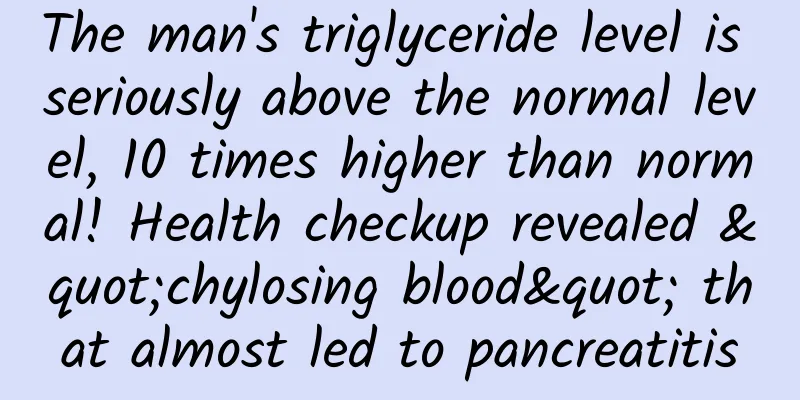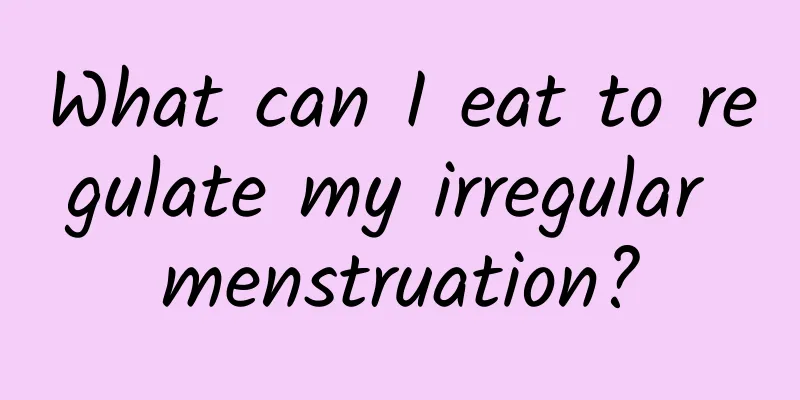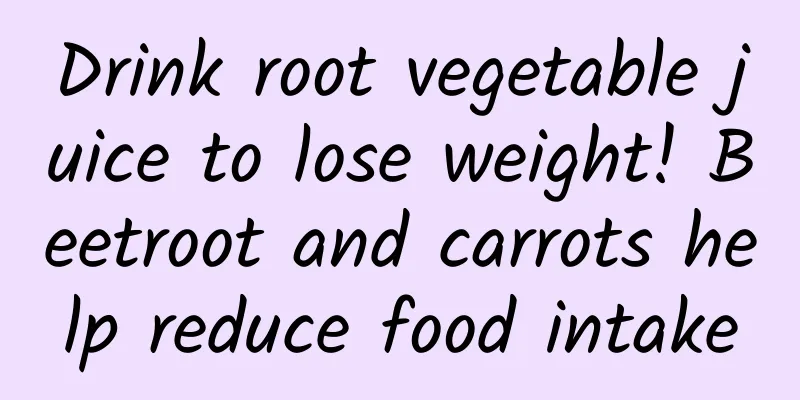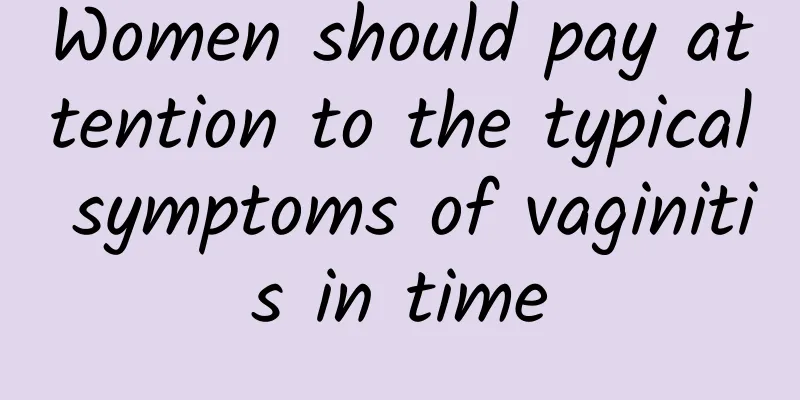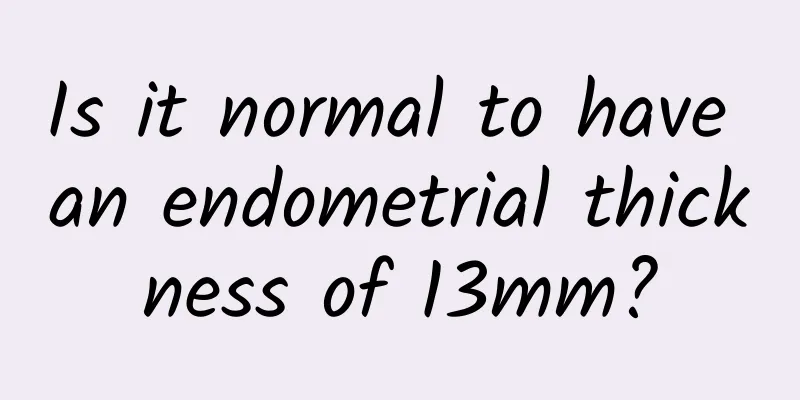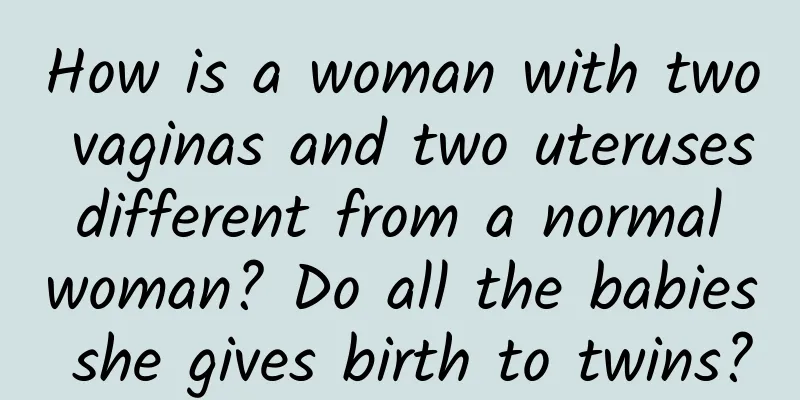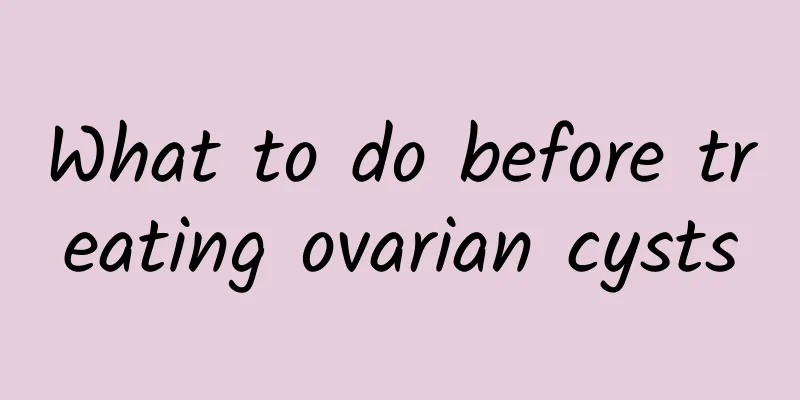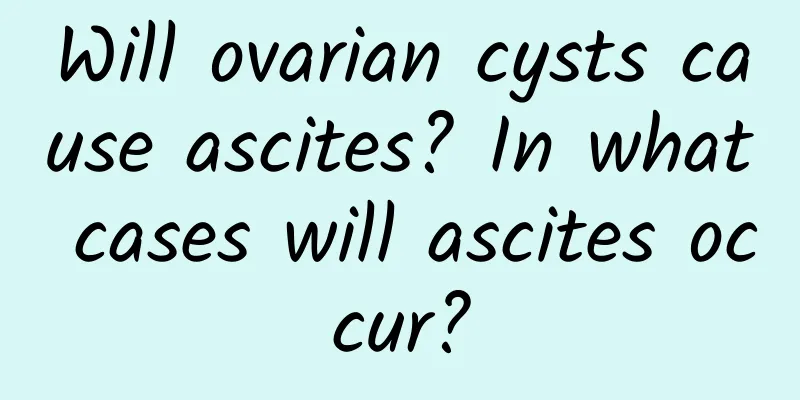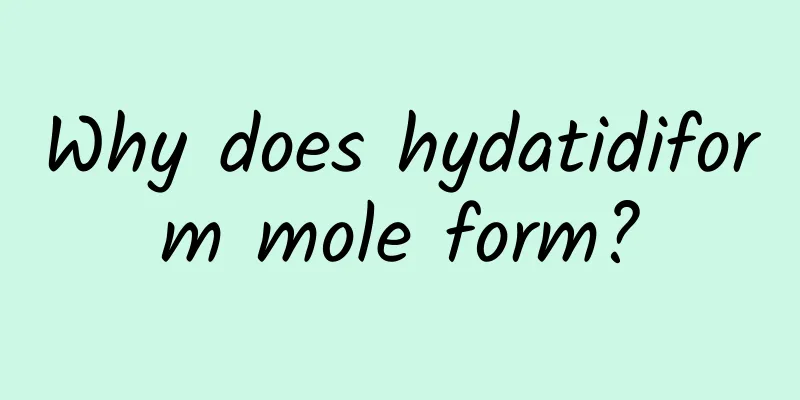Will the allowable radiation level for food be relaxed? Department of Health: Standards are becoming stricter
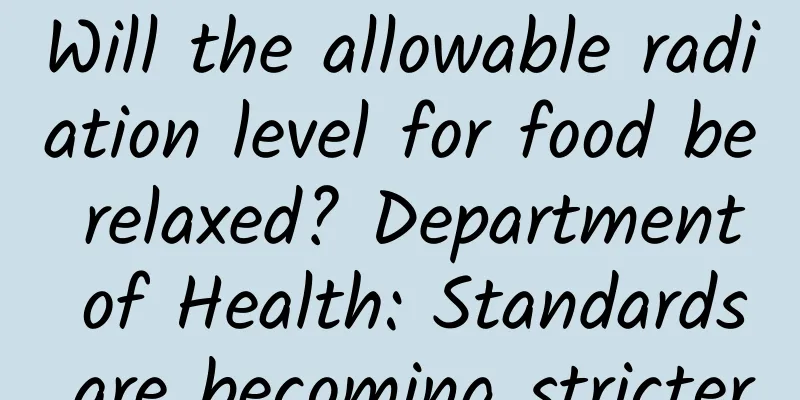
|
The Consumer Foundation questioned the Department of Health's draft amendment to the "Safe Tolerable Amounts of Atomic Fallout or Radioactive Energy Contamination in Food" as it was announced that Japan was lowering the radiation levels in food, while the Department of Health went the other way and relaxed the standards, fearing that it might become a dumping ground for contaminated food from Japan. The Department of Health emphasized that the draft has added allowable levels for seven other nuclear types, and the standards are actually stricter than in the past. Even if adjustments are made to cesium, they will be in line with EU standards. However, the concerns raised by all parties will be re-evaluated. The Department of Health emphasized that the draft amendment to the "Safe Tolerance Standards for Atomic Fallout or Radioactive Energy Contamination in Food" added allowable limits for seven other nuclear types. The standards are actually stricter than in the past. Even adjustments to cesium are made in accordance with EU standards. Cai Shuzhen, director of the Food Group of the Food and Drug Administration of the Department of Health, said that this draft was developed after a scientific evaluation was completed with reference to international standards to estimate, control the scope of nuclear species, and apply them to special types of food. In addition to the original iodine 131 and cesium 134+137, new limit standards for 7 other nuclear species that are harmful to the human body, such as strontium and ruthenium, were added, making the management regulations more complete. The most controversial issue is the adjustment of the limit value of cesium 134+137. Compared with the current standard, the draft relaxes it from 370 to 600 in other foods. Tsai Shu-chen explained that this was based on the dietary habits of the Taiwanese people, and that it was believed that international standards could be used for comparison. Finally, the EU standards were used. Compared with the current values of more than 1,000 of the international organization Codex and advanced countries such as the United States and Canada, it is still strict. Tsai Shu-chen also explained that Japan is a nuclear accident disaster area, and considering the higher rate of cesium contamination in food, the estimated limit for cesium 134+137 nuclides is stricter, and Taiwan does not need to follow suit. As for international food export standards, they must comply with local regulations before they can be exported, so there is no need to worry about Japan dumping foods with higher radiation levels in our country. Since the nuclear disaster in Japan last year, the Department of Health has sampled more than 20,000 batches of food, and all of them met the standards. Regarding the controversy caused by the draft notice, the Department of Health said it would collect more information and re-evaluate based on different opinions. |
<<: Relaxation of food radiation limit: Consumers' Foundation urges Department of Health to clarify
>>: Lily medicinal cuisine is popular
Recommend
What are the folk remedies for pelvic effusion?
What are some folk remedies for pelvic effusion? ...
What are the symptoms of vaginitis?
What are the symptoms of vaginitis? Common sympto...
How to check for premature ovarian failure
How to check for premature ovarian failure? Prema...
What are the reasons why cervical erosion in women cannot be cured? 5 reasons why cervical erosion cannot be cured for a long time
In real life, many hospitals have many scientific...
Explain the three common symptoms of ovarian cysts
Ovarian cysts are a very common disease. When wom...
How to perform ectopic pregnancy surgery
What is ectopic pregnancy? Ectopic pregnancy is a...
Create the perfect butt! Two exercises a day will bring you closer to a beautiful buttocks
It’s not difficult to get a perfect butt shape! T...
Are people who love running smarter? How aerobic exercise benefits the brain
It’s runners’ favorite season again! There are ma...
Yam and soy milk are super nutritious and slimming without losing your career line
Although losing weight is a major event in life, ...
Experts answer questions about whether you can get pregnant after ectopic pregnancy surgery
After undergoing ectopic pregnancy surgery, many ...
careful! Fat people's brains age 40% faster without them realizing it
Obesity can easily lead to metabolic syndrome, an...
Listen to experts explain the treatment of acute adnexitis
The harm of acute adnexitis should not be underes...
Will uterine fibroids disappear after pregnancy?
Uterine fibroids will not disappear during pregna...
What is what we usually call pelvic effusion?
Pelvic effusion is the presence of inflammatory e...
Will taking progesterone with endometriosis make me fat?
Will taking progesterone with endometriosis make ...
